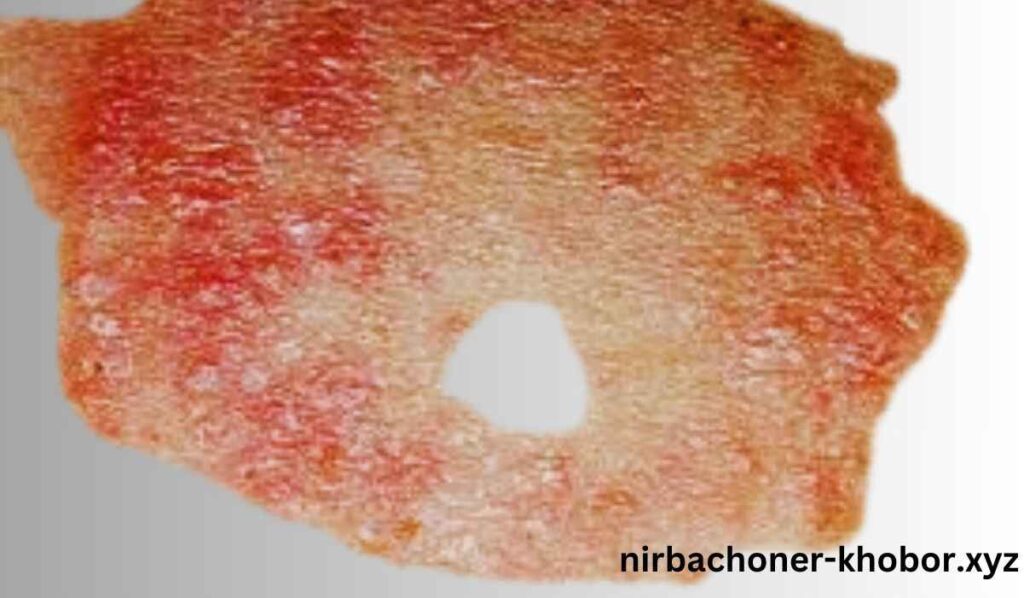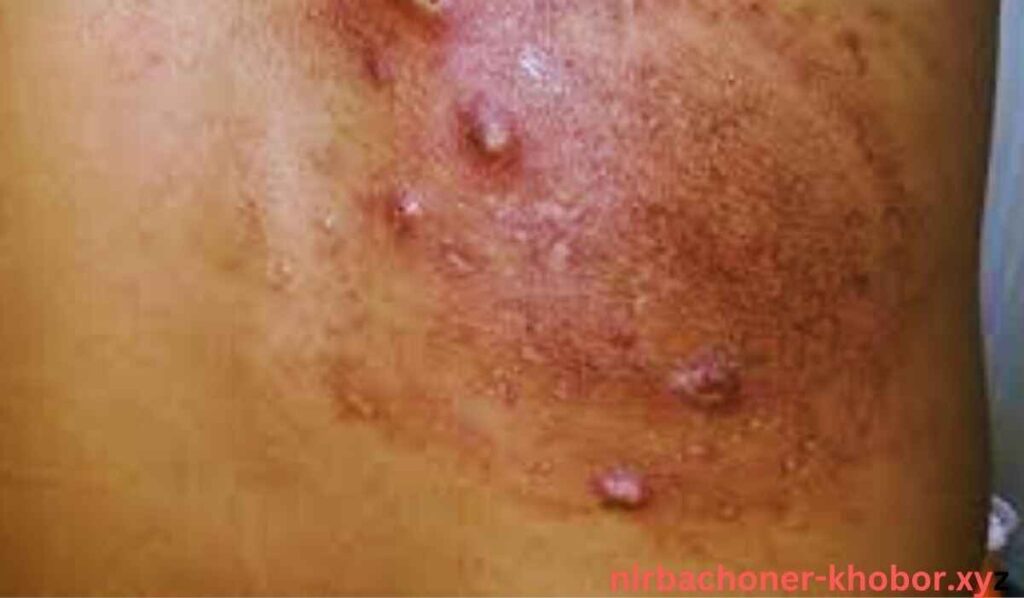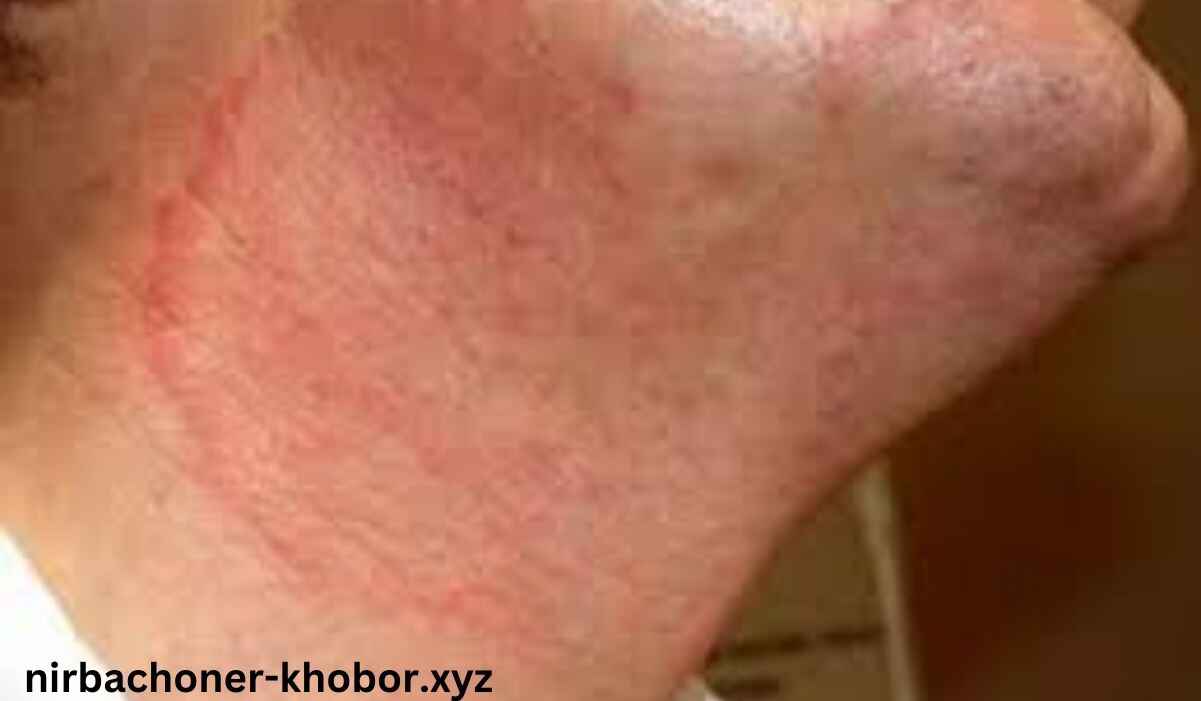When it comes to treating fungal infections, finding the best skin specialist near you is crucial. Fungal infections can be stubborn and require professional medical attention for effective treatment. This guide will help you understand the importance of consulting a dermatologist, how to choose the right one, and provide answers to common questions about fungal infections.
1. Understanding Fungal Infections
Fungal infections are caused by different types of fungi, which thrive in warm and moist environments. These infections can occur on various parts of the body, including the skin, nails, and scalp. Common fungal infections include athlete’s foot, ringworm, jock itch, and yeast infections. Symptoms may include itching, redness, and scaling of the skin, which can lead to discomfort and even more serious health issues if left untreated.
2. Why Consult a Skin Specialist for Fungal Infections?
Self-treatment with over-the-counter remedies may not always be effective for fungal infections. A skin specialist, or dermatologist, has the expertise to diagnose the specific type of fungus causing the infection and to prescribe the most effective treatment. Dermatologists are trained to deal with skin-related conditions and can provide targeted treatments that are more likely to resolve the issue quickly and effectively.

3. How to Find the Best Skin Specialist Near You
Choosing the right dermatologist is essential for the successful treatment of a fungal infection. Here are steps you can take to find the best skin specialist near you:
- Ask for Referrals: Friends, family, or your primary care doctor can provide recommendations based on their experiences.
- Verify Credentials: Ensure that the dermatologist is board-certified and has experience treating fungal infections.
- Read Patient Reviews: Online reviews and testimonials can give you insight into the dermatologist’s reputation and the quality of care they provide.
- Evaluate Accessibility: Consider the location of the dermatologist’s office and the ease of scheduling an appointment.
4. What to Expect During Your Visit
During your visit to a skin specialist, the dermatologist will conduct a thorough examination of the affected area. They may perform tests, such as a skin scraping or biopsy, to accurately diagnose the fungal infection. This diagnostic step is crucial for determining the most effective treatment plan.
5. Treatment Options for Fungal Infections
Treatment for fungal infections can vary based on the severity and type of infection. Common treatment options include:
- Topical Antifungal Medications: These are creams, ointments, or sprays applied directly to the affected area. They are usually the first line of treatment for mild to moderate infections.
- Oral Antifungal Medications: For more severe or widespread infections, oral medications may be prescribed to eliminate the fungus from within the body.
- Lifestyle Modifications: Keeping the affected area dry and clean is crucial to prevent the recurrence of the infection.
6. Follow-Up Care
After initial treatment, follow-up care is important to ensure that the infection has cleared completely. Your dermatologist may recommend a follow-up appointment to monitor your progress and adjust the treatment plan if necessary.
7. Prevention of Fungal Infections
Preventing fungal infections involves adopting good hygiene practices, such as:
- Keeping Skin Dry: Especially in areas prone to moisture like feet and groins.
- Wearing Breathable Clothing: Choose clothing made from natural fibers like cotton.
- Avoiding Sharing Personal Items: Towels, shoes, and other personal items can harbor fungi.
8. When to See a Dermatologist
If you notice persistent symptoms such as itching, redness, or scaling that do not improve with over-the-counter treatments, it’s time to see a dermatologist. Early intervention can prevent the infection from spreading and becoming more severe.

9. Cost and Insurance Considerations
Check with your insurance provider to determine if your policy covers dermatology visits for fungal infections. Understanding your coverage can help manage the cost of treatment.
Conclusion
Finding the best skin specialist near you for fungal infections is essential for effective diagnosis and treatment. By consulting a qualified dermatologist and following their treatment plan, you can manage and prevent future fungal infections. Don’t hesitate to seek professional help to ensure your skin stays healthy and free from infections.
What are the symptoms of a fungal skin infection?
Symptoms include itching, redness, scaling, and sometimes cracking or peeling of the skin.
How are fungal infections diagnosed?
Dermatologists may perform a skin scraping, biopsy, or use a special light to identify the fungus causing the infection.
Can fungal infections go away on their own?
While some mild infections may resolve on their own, most require treatment to prevent spreading or worsening.

